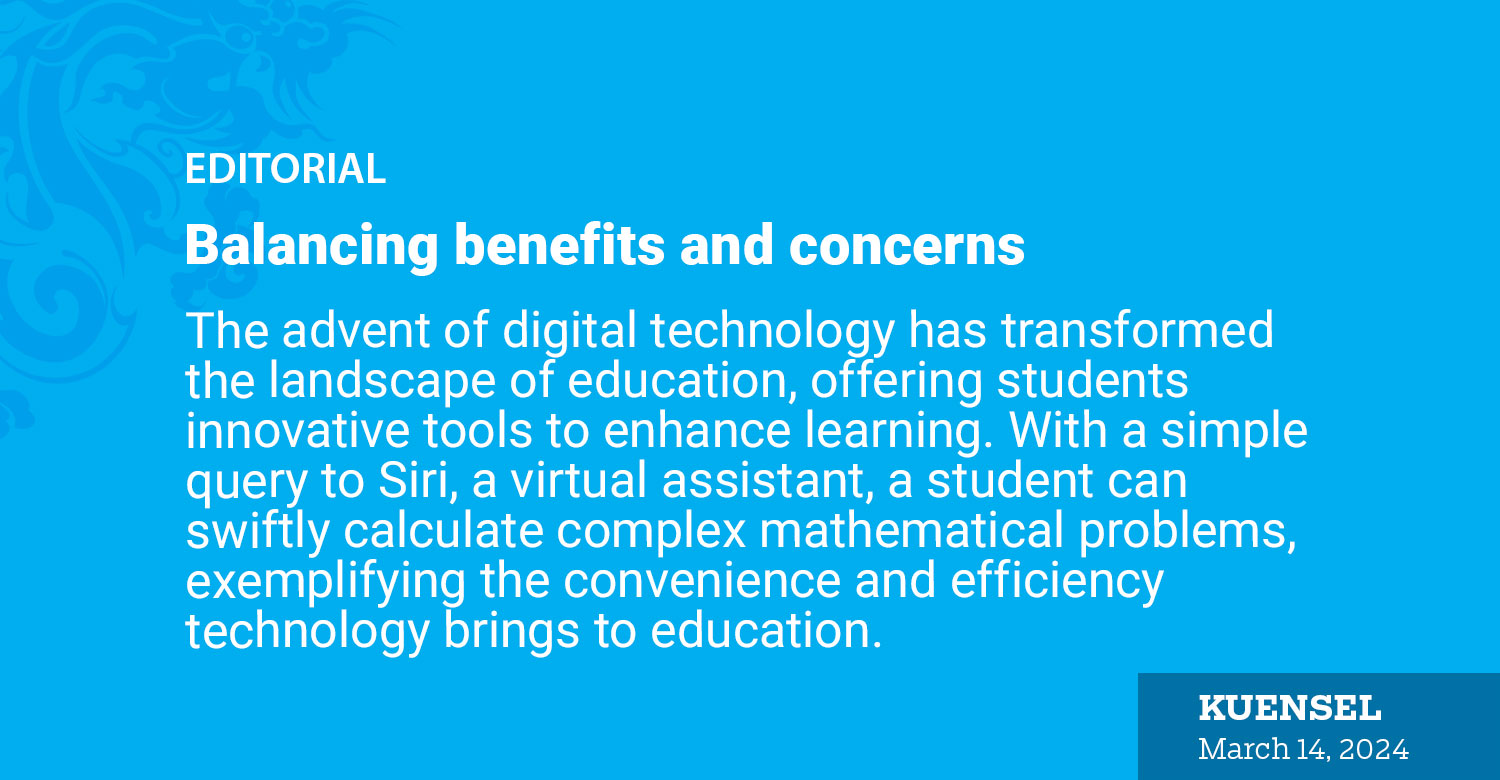The advent of digital technology has transformed the landscape of education, offering students innovative tools to enhance learning. With a simple query to Siri, a virtual assistant, a student can swiftly calculate complex mathematical problems, exemplifying the convenience and efficiency technology brings to education.
Subjects once confined to textbooks are now accessible through various digital platforms like cable television, YouTube, or TikTok. With proper guidance, students can engage with these resources to deepen their understanding and broaden their knowledge base effectively.
However, alongside the benefits of technology in education come significant concerns, particularly regarding excessive screen time. Research has shown that prolonged exposure to screens, especially among children, can have detrimental effects on development and well-being, ranging from impaired social skills to disrupted sleep patterns and overall health issues.
Despite growing awareness of the risks associated with excessive screen time, many parents struggle to monitor and regulate their children’s digital consumption effectively. Mobile devices often serve as convenient distractions or babysitters, allowing parents to attend to other tasks but potentially hindering genuine interaction and quality time spent with their children.
Moreover, the issue of technology addiction extends beyond children to parents themselves, who may also succumb to excessive screen time, neglecting their parental responsibilities in the process.
Fortunately, there are measures parents can take to address this issue. Parental control apps offer tools to monitor screen time and restrict access to inappropriate content. However, the effectiveness of these tools ultimately depends on parents’ awareness and proactive intervention.
Increasing parental awareness of the risks associated with excessive screen time and fostering healthy digital habits within families is essential. Parents can play an active role in monitoring their children’s digital activities by engaging with them, participating in online activities together, and setting boundaries around screen time.
By fostering open communication and establishing clear guidelines around technology use, parents can promote responsible digital citizenship and ensure the well-being of their children in an increasingly digital world.
Ultimately, striking a balance between harnessing the benefits of technology and mitigating its potential harms is key to fostering healthy habits and nurturing thriving families in the digital age.


